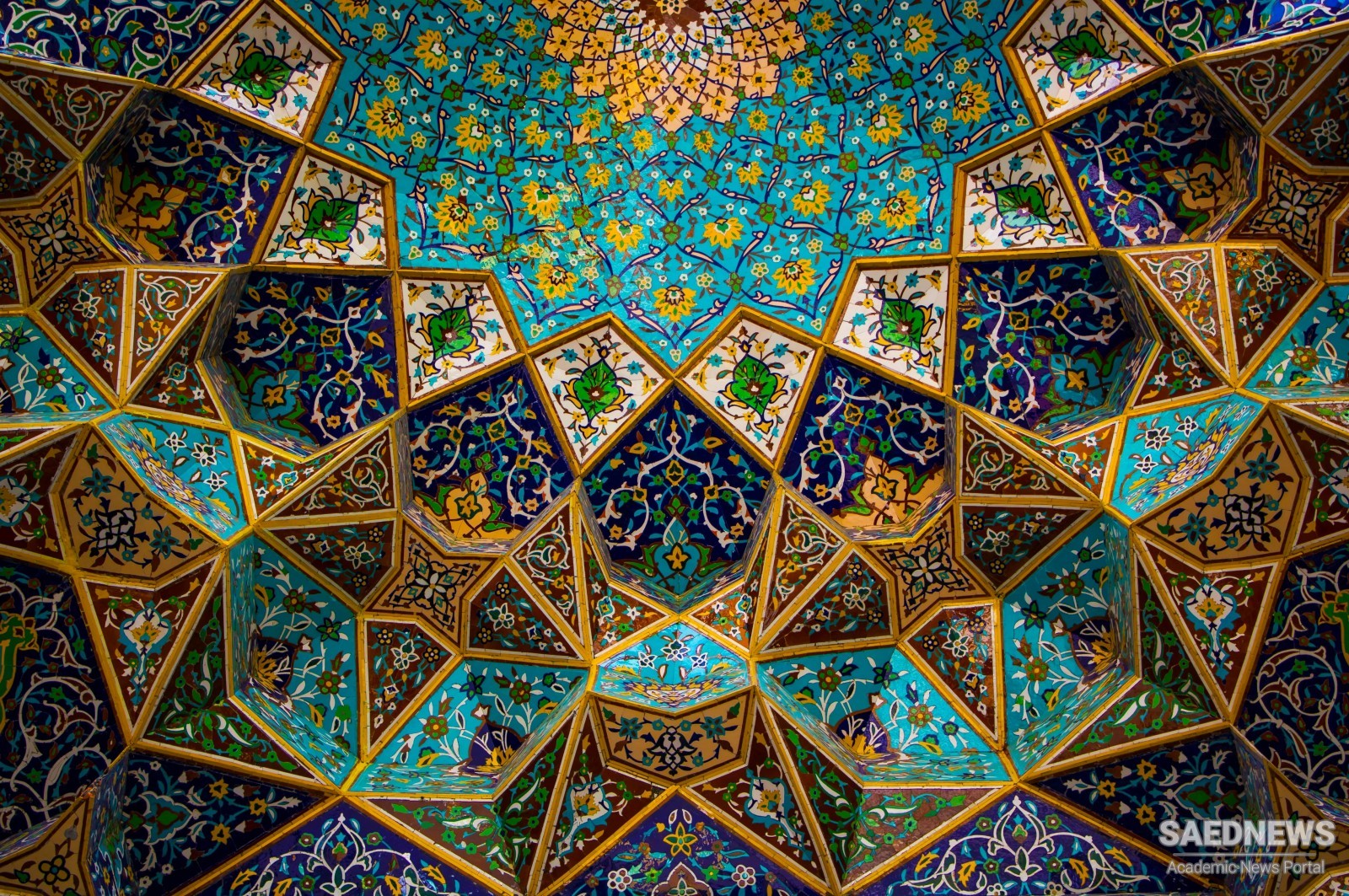Apocalypticism in the Islamic context primarily corresponds to the fundamental doctrine of resurrection (qiyama) and applies to eschatological speculations concerning the return of the dead, the Day of Judgment, the process of salvation and damnation, and their complex realizations at the end of time (akhir al-zaman). In a broader sense it also encompasses preparatory events preceding the resurrection including the advent of the Mahdi (the [divinely] guided, the Islamic Messiah), symbolic re-enactment of the sacred past, and the ultimate tri umph of the forces of Islam over disbelief. Though the evidence in the Qur'an and the hadith is employed as apocalyptic prophecies, apocalypse in the biblical sense – namely, revelatory dreams and visions – this rarely occurs in the Islamic tradition. In historical reality, apocalyptic is applied to all speculative or redemptive experiences and movements aspiring to transform the norma tive Islam, the existing political order, and the ethics of the Muslim community, by claiming a new divine mandate and by declaring commencement of an era of rejuvenated faith. Such experiences, often triggered by messianic, utopian, and apocalyptic potentials embedded in the Islamic tradition and led by charismatic figures, punctuate the whole course of Islamic history. While the Sunni world witnessed numerous examples of shari'a-oriented Mahdism with a distinct desire to restore pristine Islam of Muhammad’s time, the Shi'i world regenerated messianic impulses with distinct apocalyptic features aiming at a break with the shari'a and cre ation of a post-millennial order.


 Cyclical Renovation the Core of Millennial Apocalypticism
Cyclical Renovation the Core of Millennial Apocalypticism














































